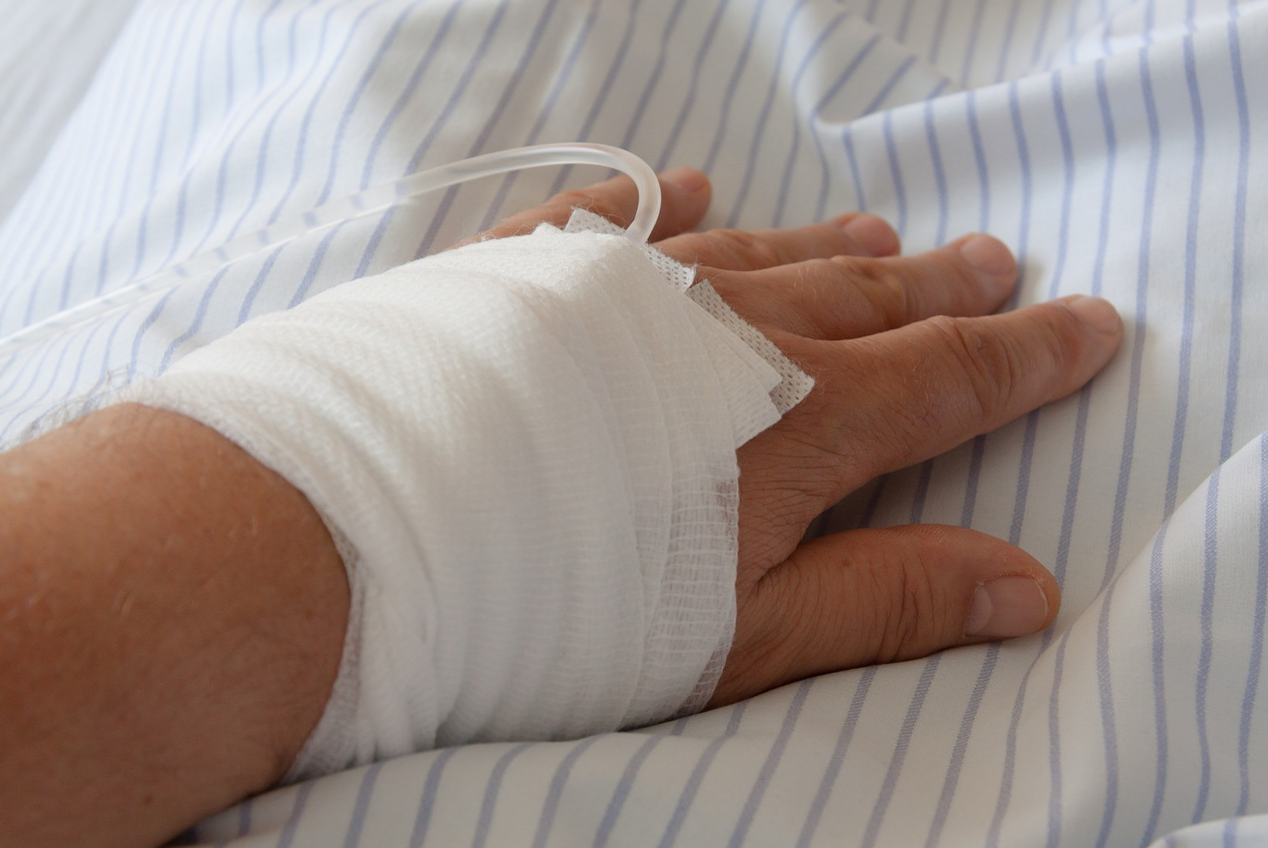Smart bandages to help doctors keep a closer eye on patients
Trials of sensor-packed bandages that are capable of monitoring wounds could start happening within the next 12 months.
The innovative development is being led by Swansea University’s Institute of Life Science that is working on packing the tracking tech inside of 3D printed bandages. Those sensors will be able to monitor the state of a wound and relay that information back to a doctor to help customise the treatment. All without having to make an appointment to actually see your doc.
Trials of sensor-packed bandages that are capable of monitoring wounds could start happening within the next 12 months.
The innovative development is being led by Swansea University’s Institute of Life Science that is working on packing the tracking tech inside of 3D printed bandages. Those sensors will be able to monitor the state of a wound and relay that information back to a doctor to help customise the treatment. All without having to make an appointment to actually see your doc.
Read this: How wearables will shape the hospital of the future
5G wireless data will ensure that information about the patient wound is sent to the doctor in real-time. “5G is an opportunity to produce resilient, robust bandwidth that is always there for the purpose of healthcare,’ said Professor Marc Clement, chairman of the Institute of Life Science.” That 5G integration will also help to provide information on patient location and even keep tabs on how active the smart bandage wearer is being.
Clement also revealed that the Welsh Wound Innovation Centre are helping with the development of the smart bandages and that trials would go through the Arch wellness and innovation project. The development of a 5G test hub in the city is also going to prove crucial in getting everything up and running.
This isn’t the first time we’ve heard about smart bandages of course. Last year, researchers at the University of Bath carried out trials on a dressing that changes colour to indicate whether a wound has been infected. Researchers at the Massachusetts Institute of Technology have also been working on bandages that can provide medicine to a wound to speed up the healing process.
While it seems that there’s still a lot needs to happen to make these smart bandages a reality, wearable tech is proving once again that’s it going to play a major part in bringing doctors and patients closer together to make sure you get the treatment you really need at the time when you really need it most.
Source: BBC

